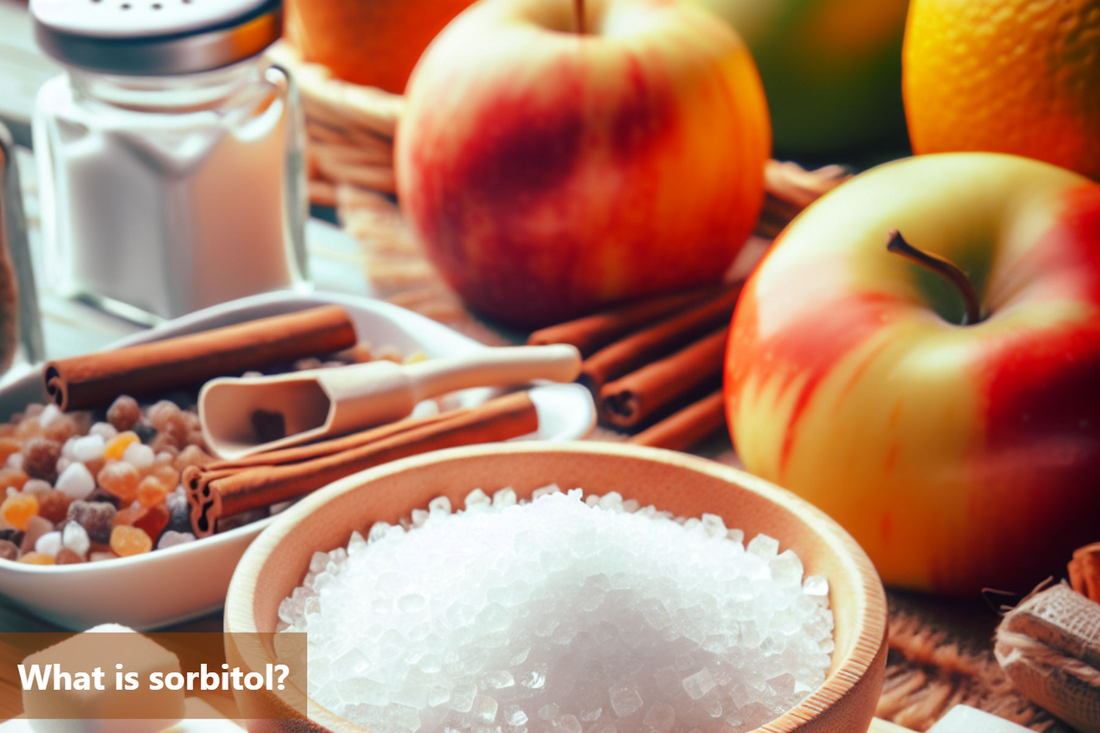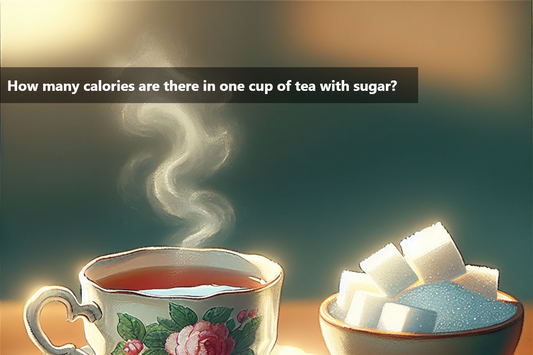Sorbitol, a sugar alcohol, is used as a sweetening agent in food, pharmaceuticals, and oral care products. It provides sweetness without spiking blood sugar levels, making it ideal for diabetics. Sorbitol's ability to attract and retain moisture is valuable in cosmetics and skincare items. It serves as a stabilizer and texturizer in products, including sugar-free alternatives. Sorbitol's versatility and low calories make it widely used across industries. Consumers should know about sorbitol and its benefits in product selection.
Is Sorbitol Safe?
Sorbitol is a type of sugar often used in sugar-free gum, candies, and medicines as a sweetener. While it's usually okay for most people, eating too much can cause stomach problems. Eating sorbitol in small amounts is usually fine for most people. But if you have too much, you might get a sore tummy, bloating, gas, or diarrhea, especially if you have irritable bowel syndrome (IBS) or can't absorb fructose well. The safe amount of sorbitol to have each day changes based on your body and health. Make sure to check food labels closely and keep track of how much you're getting from different sources to avoid issues.
Natural vs Synthetic Sorbitol
Feature |
Natural Sorbitol |
Synthetic Sorbitol |
|---|---|---|
Source |
Derived from fruits like apples, pears, peaches, and prunes |
Manufactured from glucose, a type of sugar alcohol |
Production Process |
Extracted from plant sources through natural fermentation |
Chemically synthesized in a laboratory using cornstarch |
Origin |
Natural |
Artificial |
Safety Considerations |
Generally considered safe for consumption |
Considered safe by regulatory authorities |
Appeal to Consumers |
Organic option appealing to those seeking natural alternatives |
May raise concerns among individuals preferring natural products |
Factors for Consideration |
Health preferences, dietary needs, and environmental concerns |
Personal health preferences, dietary needs, and environmental concerns |
Functionality |
Used for sweetness and texture enhancement in products |
Used for sweetness and texture enhancement in products |
Alternatives to Sorbitol
When it comes to sugar substitutes, there are several alternatives to sorbitol that can be suitable for various dietary needs. Some popular options include:
Stevia: A natural sweetener derived from the leaves of the Stevia plant, which is sweeter than sugar and contains no calories.
Erythritol: A sugar alcohol that occurs naturally in some fruits and fermented foods, providing sweetness with fewer calories.
Xylitol: Another sugar alcohol that is commonly used as a sweetener in sugar-free gum and candies, known for its dental health benefits.
Mannitol: A sugar alcohol with a similar sweetness to sorbitol that is often used as a bulking agent in sugar-free products.
Monk fruit extract: A natural sweetener derived from monk fruit that is much sweeter than sugar and contains zero calories.
Bottom Line
Sorbitol, commonly found in various food products and medications, is a sugar alcohol used as a sugar substitute. It is known for its sweet taste and its ability to add moisture to products. While sorbitol is considered safe for most people in small to moderate amounts, excessive consumption may lead to gastrointestinal issues such as bloating and diarrhea. Therefore, it is important to consume sorbitol in moderation to avoid potential side effects.
In terms of natural vs. synthetic sorbitol, the natural form is derived from fruits like apples and pears, while synthetic sorbitol is produced from glucose through a chemical process. Natural sorbitol is often preferred due to its organic origin, but both forms are generally considered safe for consumption.
When used in moderation, sorbitol can be a safe choice as a sugar substitute in various products, but excess consumption should be avoided to prevent digestive discomfort.
FAQs
-
What is sorbitol?
Answer: Sorbitol is a sugar alcohol that is often used as a sweetener in various products, including sugar-free gum, candies, and oral care products.
-
Is sorbitol safe to consume?
Answer: Yes, sorbitol is generally considered safe to consume in moderate amounts. However, excessive consumption may cause digestive issues in some individuals.
-
What are the common uses of sorbitol?
Answer: Sorbitol is commonly used as a sugar substitute in sugar-free products, as a humectant in cosmetics and personal care products, and as a laxative in certain pharmaceutical preparations.
-
Does sorbitol contain calories?
Answer: Yes, sorbitol does contain calories, but it is lower in calories compared to sugar. It has about 2.6 calories per gram.
-
Can sorbitol cause any side effects?
Answer: Consuming sorbitol in large amounts may lead to digestive issues such as bloating, gas, or diarrhea, especially in individuals with irritable bowel syndrome (IBS) or sensitive stomachs.
This Blog post is an initiative by DiabeSmart, to provide accurate and Nutritionist / Doctor approved information related to Diabetes. DiabeSmart is India's first Food brand designed specifically for Diabetics, that has been clinically tested on Diabetics and Pre-Diabetics to deliver 55% - 70% lower Sugar spikes. DiabeSmart is part of Lo! Foods - India's leading brand for Everyday Functional Health foods.




